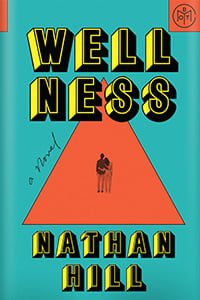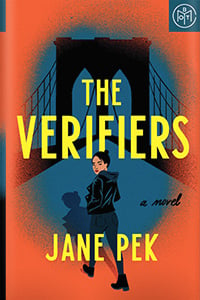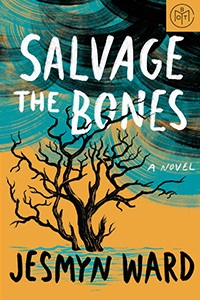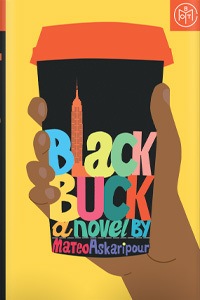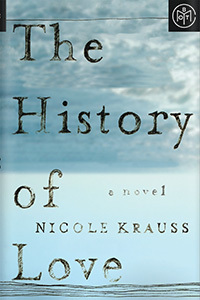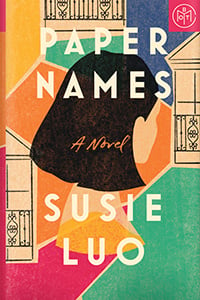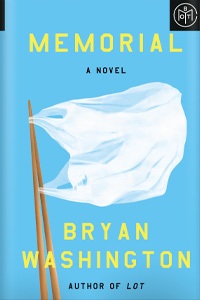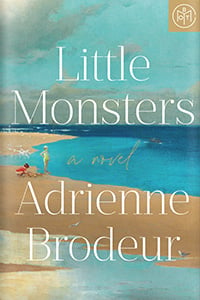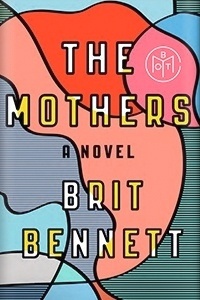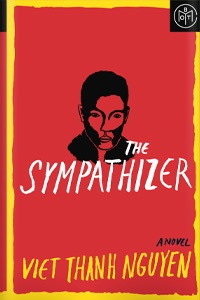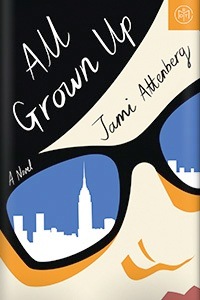

Literary fiction
The Far Field
Debut
Early Release
by Madhuri Vijay
Quick take
A privileged young woman journeys to the tumultuous region of Kashmir in search of a mysterious figure from her past.
Good to know
400+ pages
Slow build
Sad
International
Synopsis
In the wake of her mother's death, Shalini, a privileged and restless young woman from Bangalore, sets out for a remote Himalayan village in the troubled northern region of Kashmir. Certain that the loss of her mother is somehow connected to the decade-old disappearance of Bashir Ahmed, a charming Kashmiri salesman who frequented her childhood home, she is determined to confront him. But upon her arrival, Shalini is brought face to face with Kashmir's politics, as well as the tangled history of the local family that takes her in. And when life in the village turns volatile and old hatreds threaten to erupt into violence, Shalini finds herself forced to make a series of choices that could hold dangerous repercussions for the very people she has come to love.
With rare acumen and evocative prose, in The Far Field Madhuri Vijay masterfully examines Indian politics, class prejudice, and sexuality through the lens of an outsider, offering a profound meditation on grief, guilt, and the limits of compassion.
Free sample
Get an early look from the first pages of The Far Field.
Why I love it
Brianna Goodman
BOTM Editorial Team
When you work at BOTM, you read ... a lot of books. So many that at times I’m not even sure which ones I’ve got in my bag. So when I grabbed The Far Field as an in-case-I-run-out-of-things-to-read-this-weekend, it was a rare moment of serendipity; I had no idea I was packing a book so wonderful that it would become my favorite read of 2018.
The Far Field follows Shalini, a young, fairly well-off Indian woman, who travels to the politically fraught region of Kashmir in a bid for closure after the death of her mother—a fearless, hot-tempered woman to whom Shalini was loyal. Instead, she finds herself swept into the lives of a family of generous people who offer her shelter and support, even as violence upends their lives. But the closer Shalini becomes to the villagers she meets, the more her presence threatens their safety.
You know that feeling when a book is so good you forget you have a body that needs to eat, sleep, and move around? Yeah, that’s what The Far Field did for me. I was transported by Shalini’s story—her heartbreaking relationship with her mother, her search for a life of meaning, the often infuriating choices she makes—and by the stories of the Kashmiri people living under constant scrutiny by police. The novel is both richly drawn and easily digestible (think Min Jin Lee’s Pachinko), and it gave me book hangover for days. I’m thrilled to recommend this moving debut to the BOTM community, and I cannot wait to see what Madhuri Vijay writes next.






